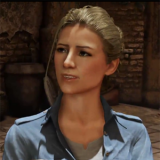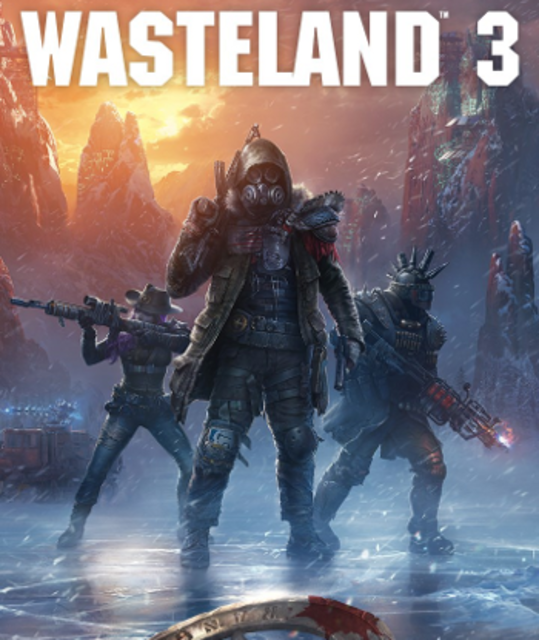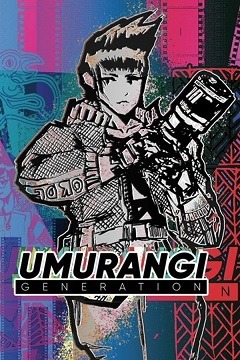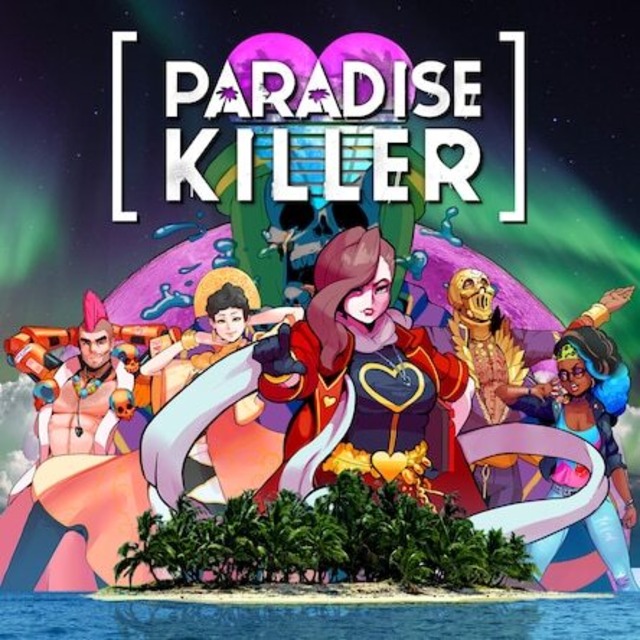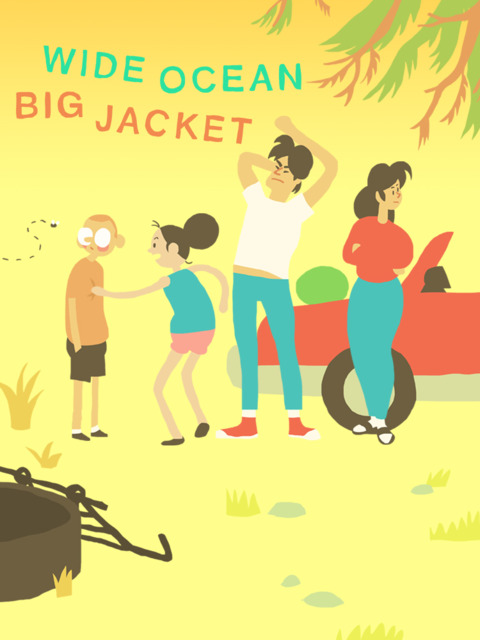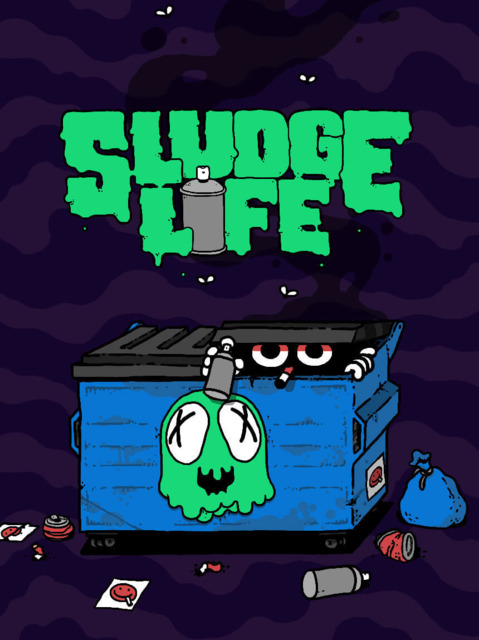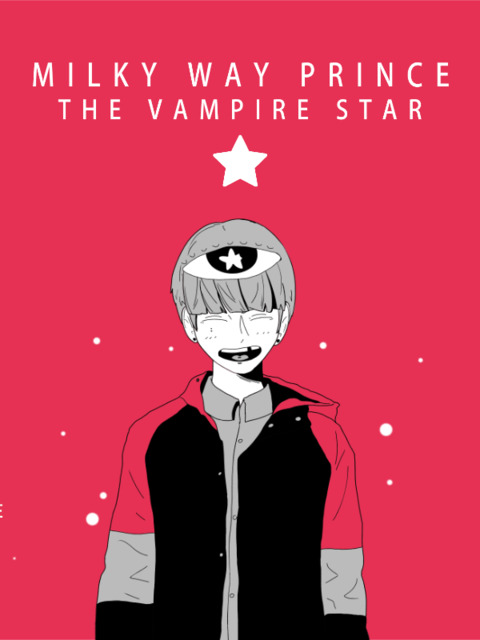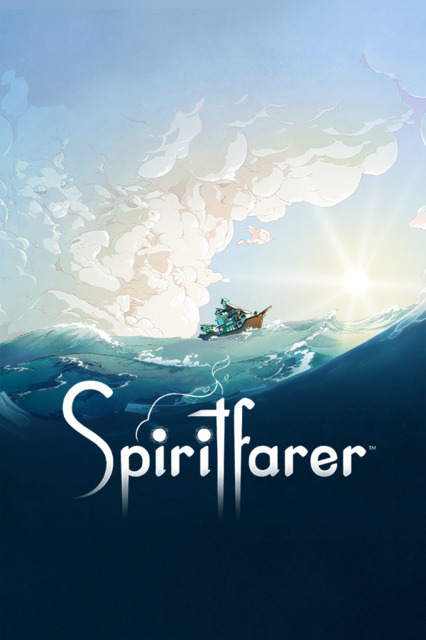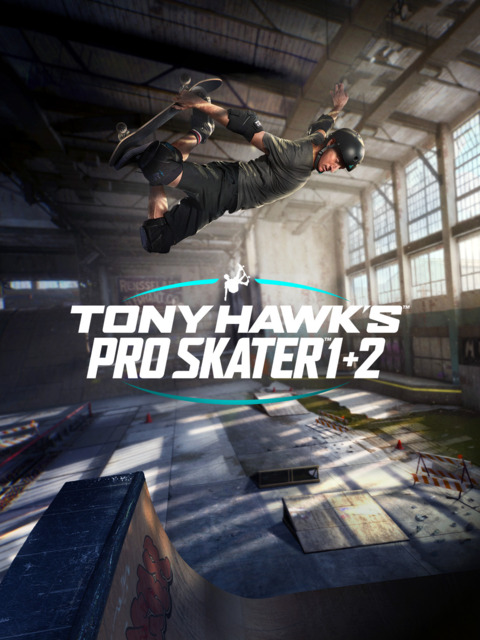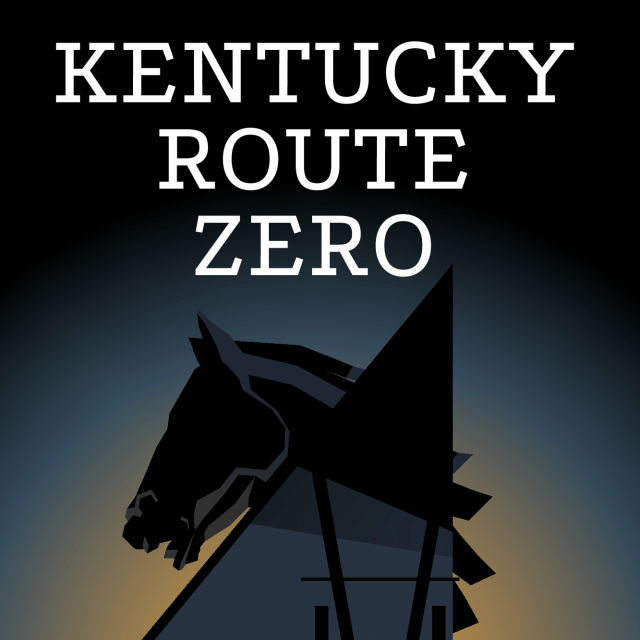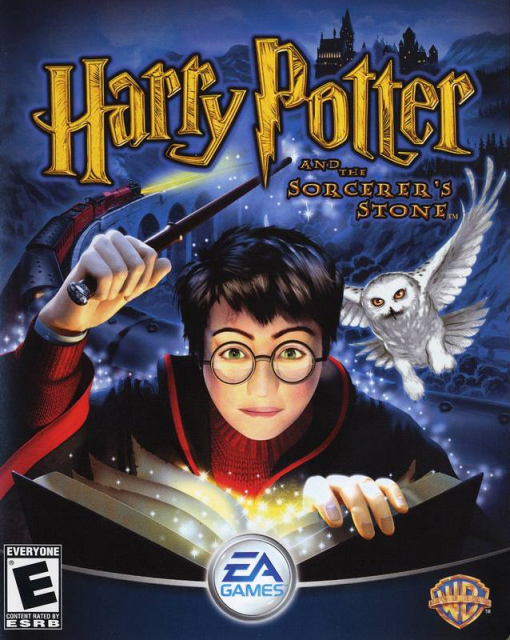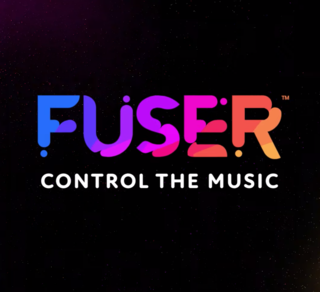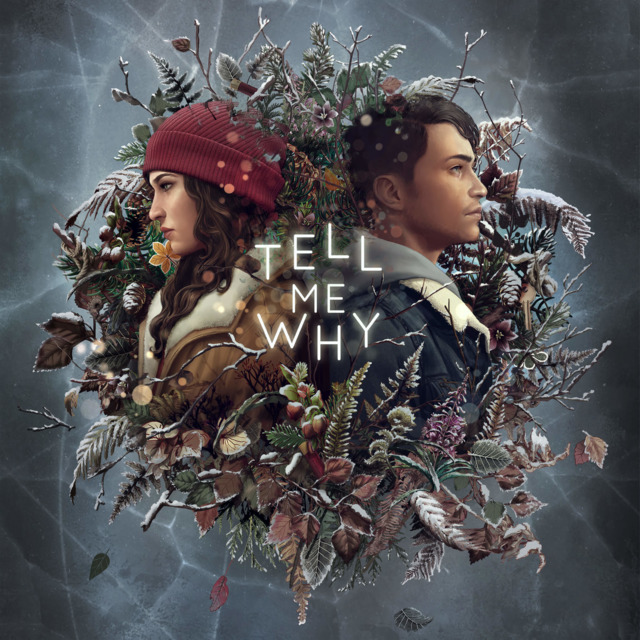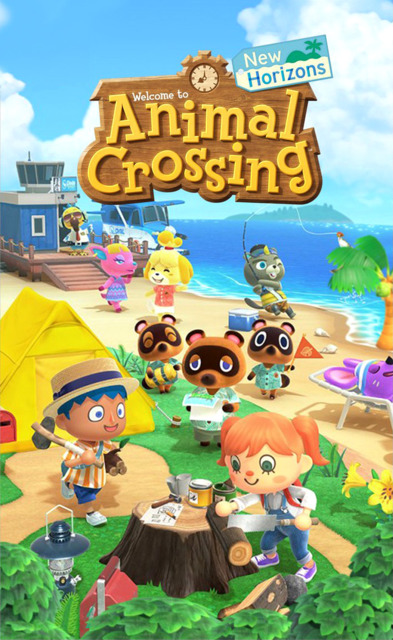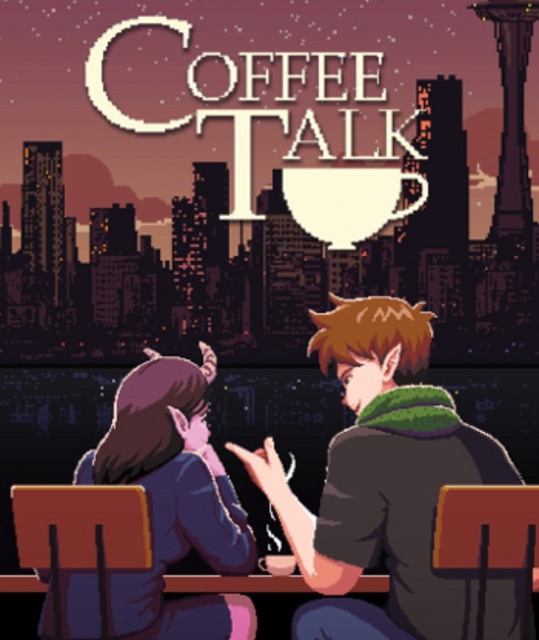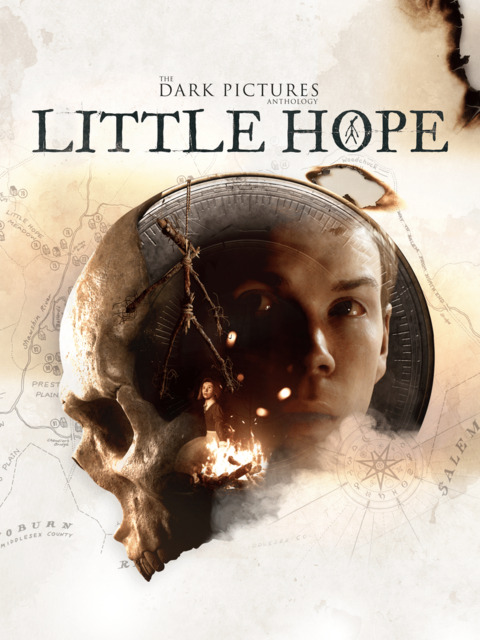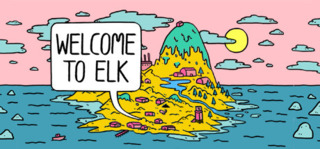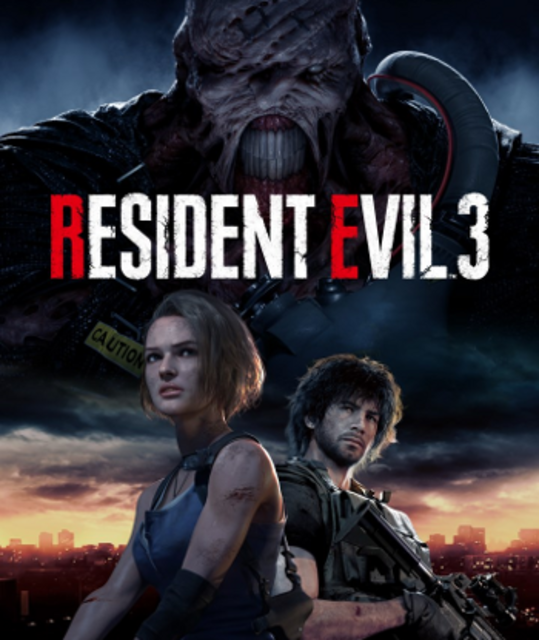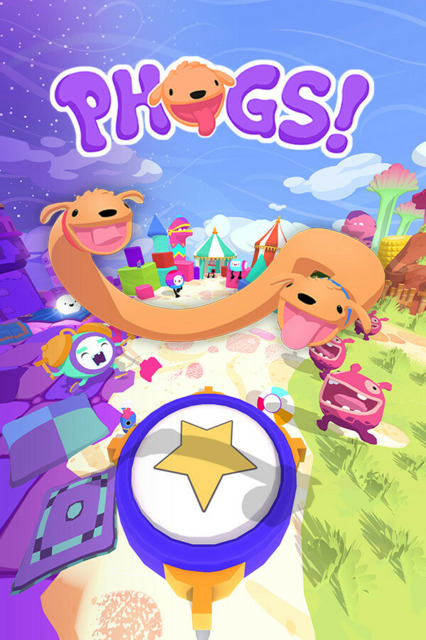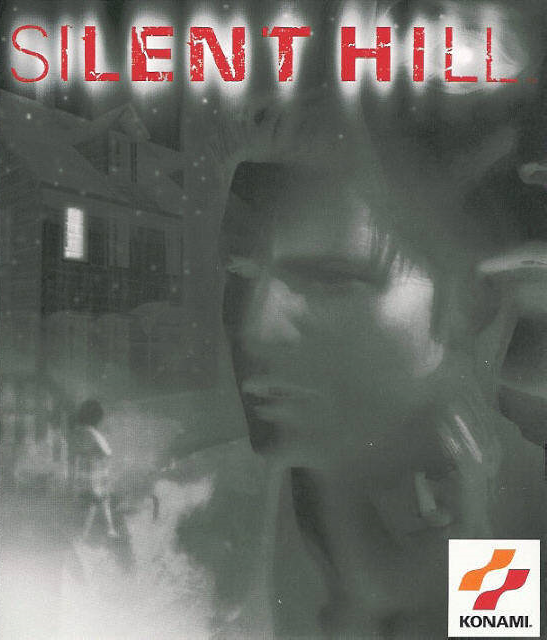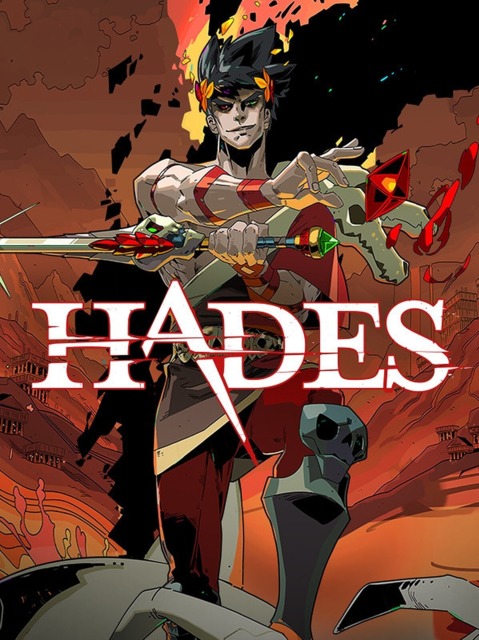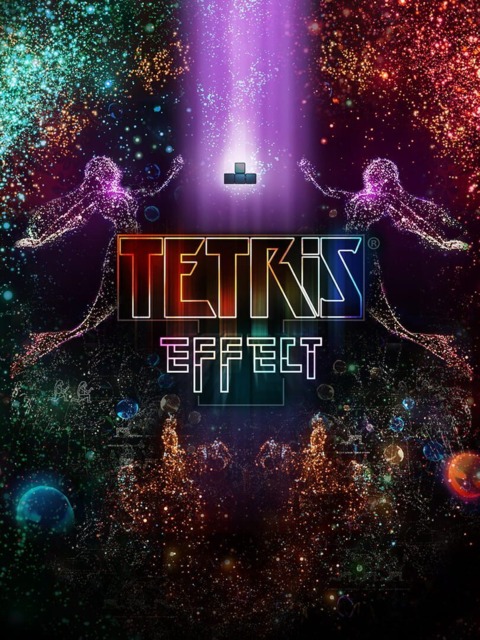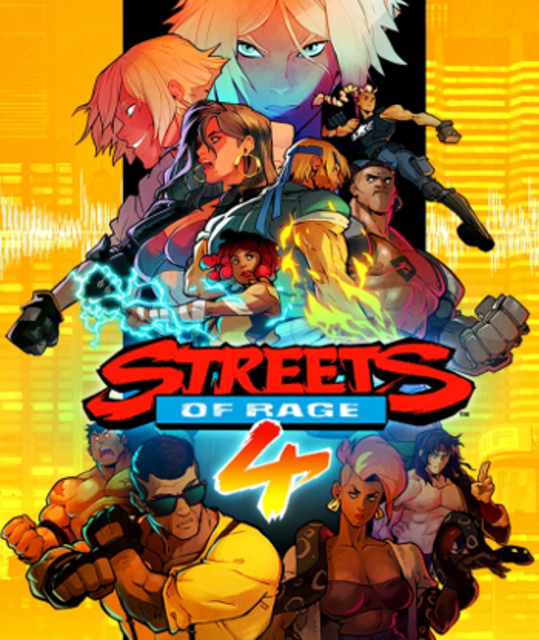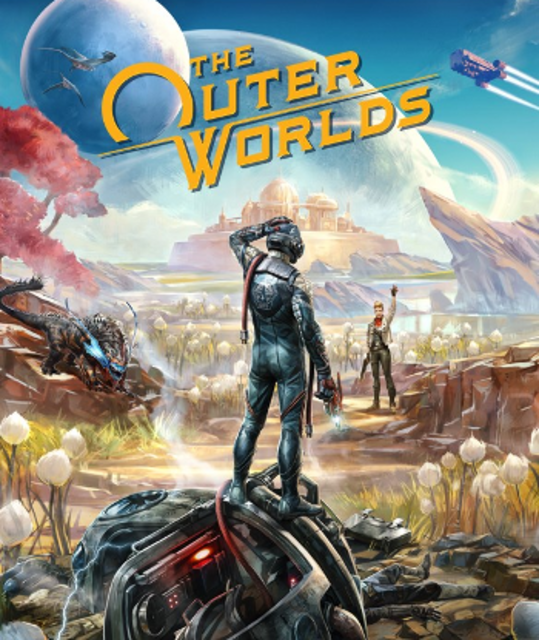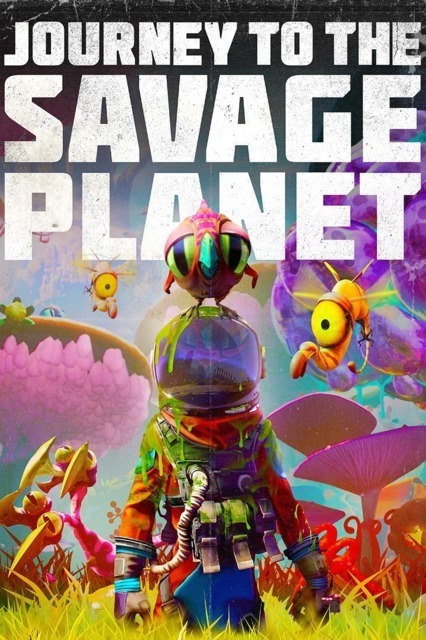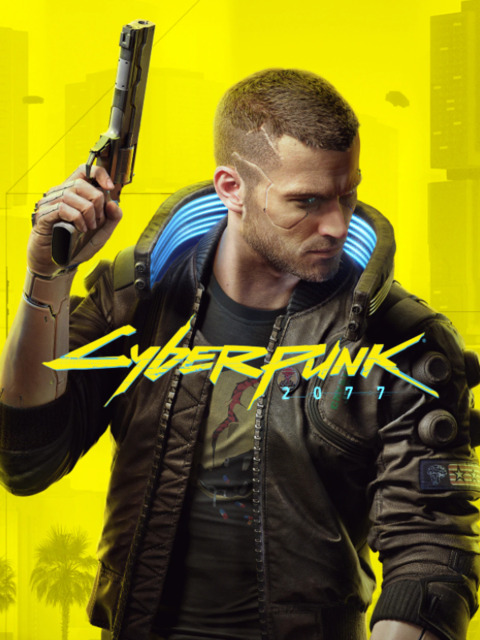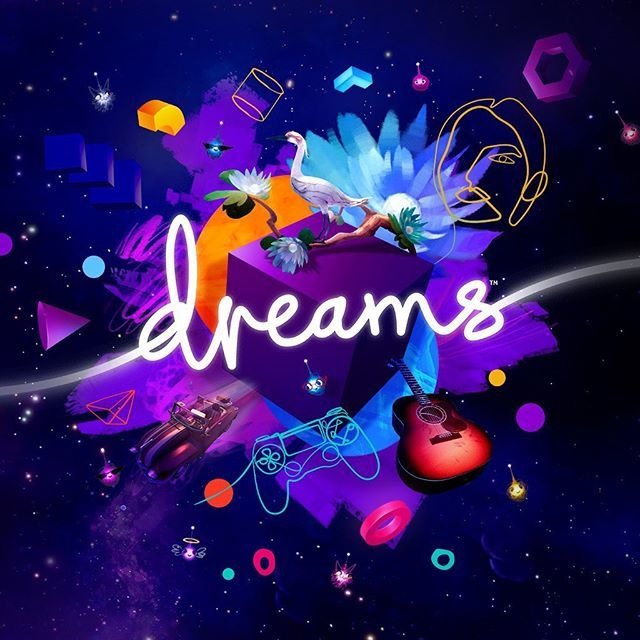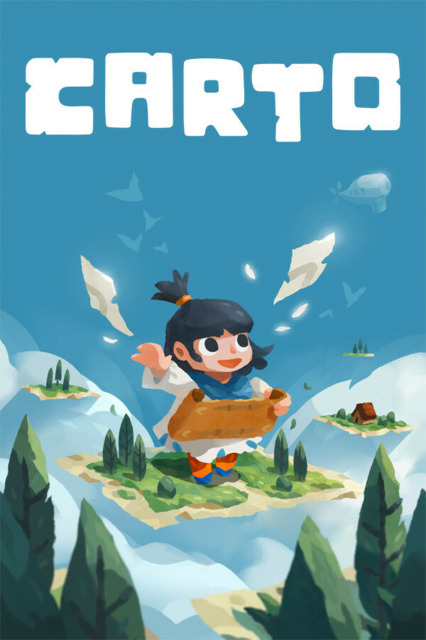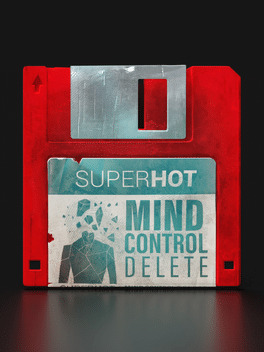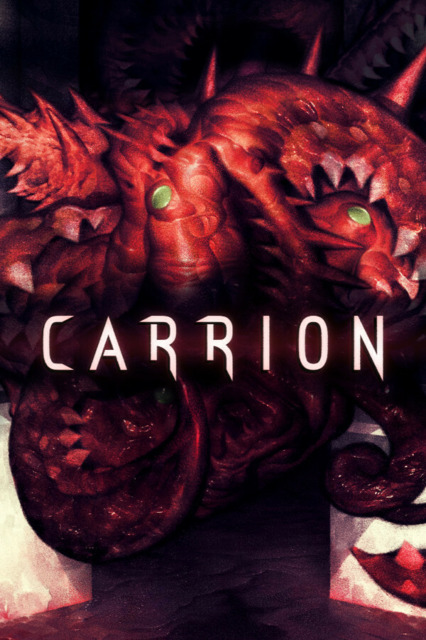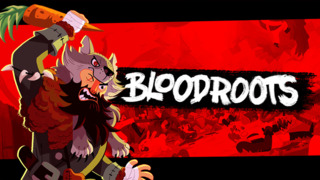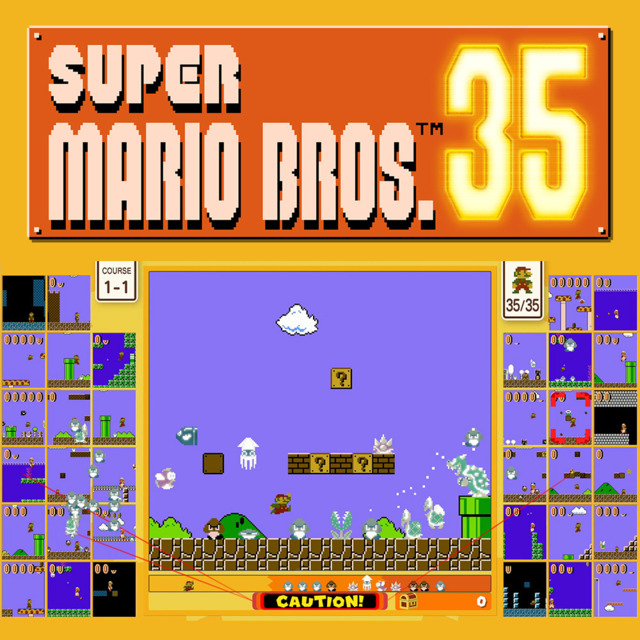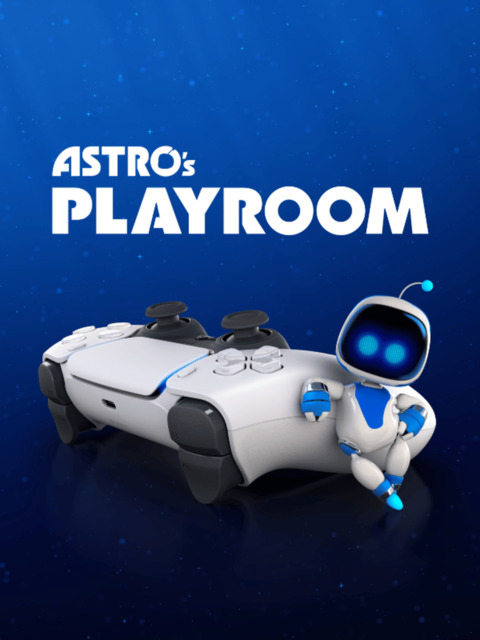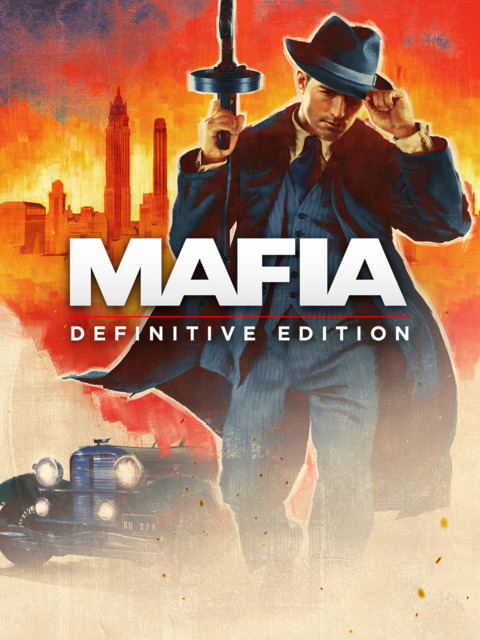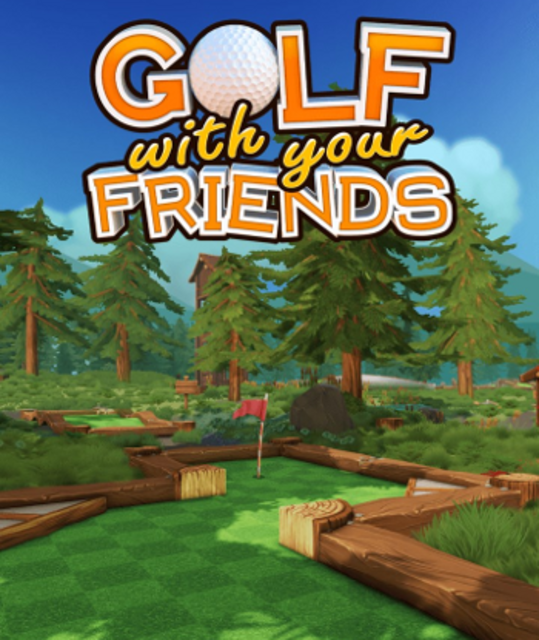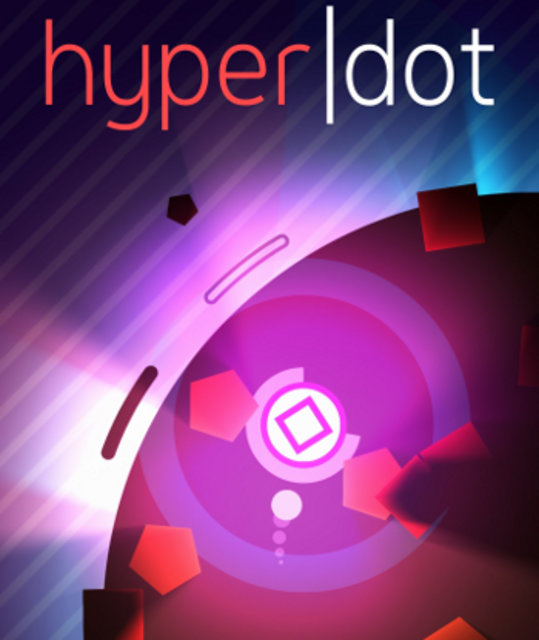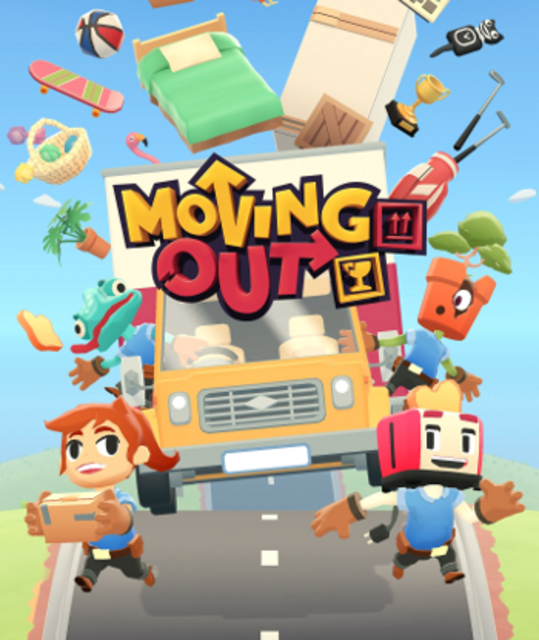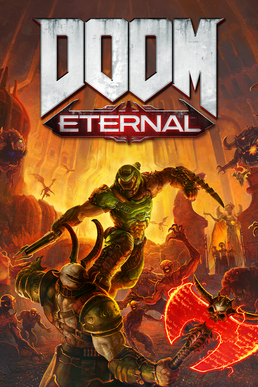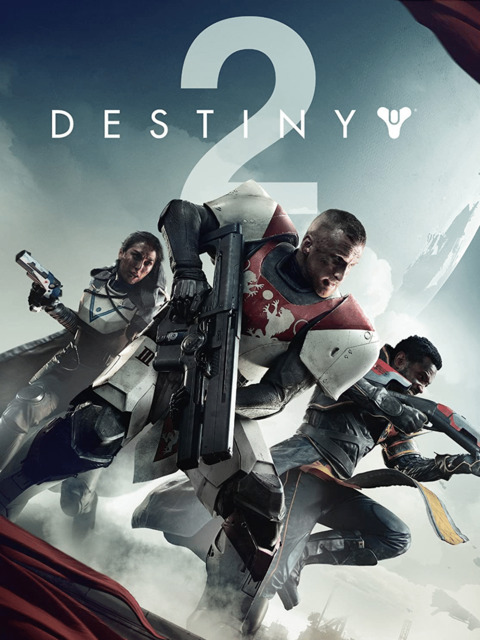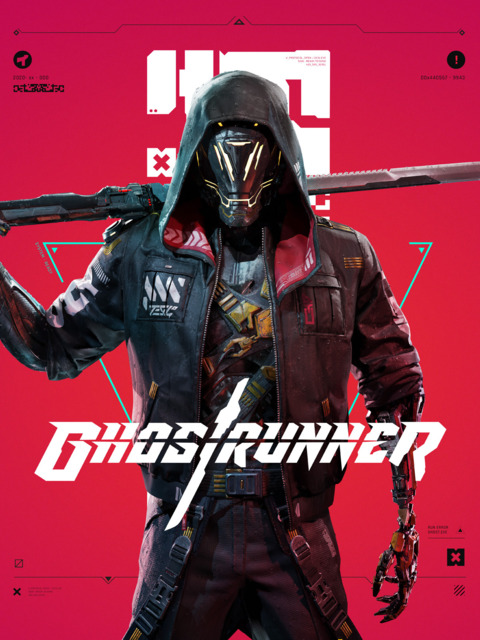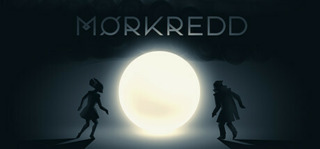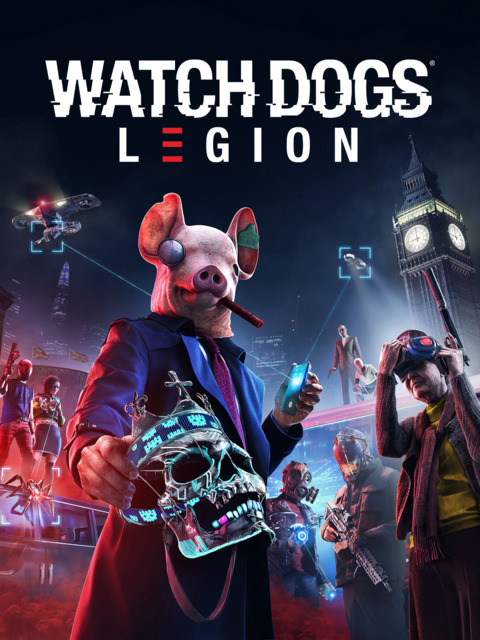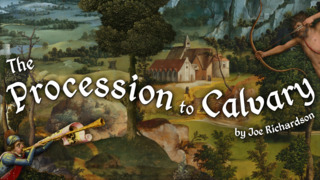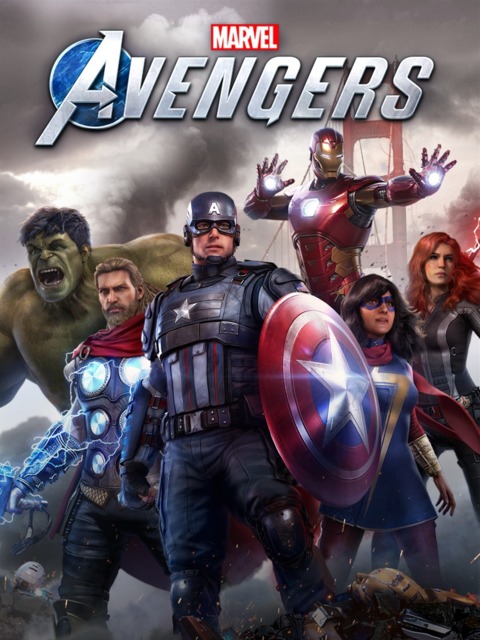Everything in Cyberpunk 2077 is a paradoxical mishmash of successes and failures, of beauty and ugliness, of gestures towards revolution and corporate apologia. This is not a game with a coherent direction of any kind. It's built entirely on disparate parts working parallel to one another - it's a looter shooter, RPG, immersive sim, GTA clone and AAA narrative that all work *in spite* of one another if they end up working at all. I've played 60 hours of Cyberpunk 2077, but every 10 hours or so my feelings on the entire endeavor seem to shift. If I hadn't gotten to play this on the One X, one of the only non-PC platforms where simply playing the game at all is even possible, I imagine I'd be even more harsh. Glitches be damned - this is a muddy, confused and often frustrating entry into the cyberpunk canon.
To match this game's energy, I'm just going to put a bunch of different thoughts here I've had while playing so far:
> Certain pockets of Night City live up to the premise of the trailers - surreal urban corridors swimming with holograms of mountainous koi fish, a veritable sea of garbage and discarded scrap concealing an encampment of thieves, a mausoleum lit with a gaudy neon-pink cross - but many more of them emphatically do not. Discrete areas of Night City recall Witcher 3's gorgeous art direction, but the city at large is full of bland orange walkways walled off by generic steel towers. Most of this is concealed during the night, when the streets are all artificially lit, but during the day it looks more like you caught the game with its pants down.
> Near every element of Cyberpunk 2077 is borrowed from another title, yet the game can't match up with even its oldest wells of inspiration. Most abilities players can augment themselves with (called 'mods' here) are borrowed whole cloth from the Deus Ex series, but they lack both the functionality and feel of Deus Ex, and their applications are discrete and often unnecessary. Just to be crystal clear - I'm talking about, like, *Deus Ex* here. The game from the year 2000.
> I don't think I've ever played a video game - any video game, ever - with such a grotesque fashion sense. That was the first red flag for me. Everyone in the game sports outfits that are edgy circa the youth section at Gap from 2006. That's maybe even too much - maybe the Target youth section. It's really, really ugly. It's department store punk.
> I get that they're depicting a world brutalized by advertisements that constantly escalate in shock value, but the humor in Cyberpunk's various tv, radio and billboard ads is bottom of the barrel. Really, really sophomoric humor. There's this one radio ad in particular in which a man pretends to cum for a soda brand and its always piercing through whatever I'm doing, sometimes during grave conversations about death and loss. It's fucking insane.
> One major side quest aside, Cyberpunk doesn't appear to functionally differentiate between lethal and non-lethal attacks, despite constantly offering non-lethal combat options. I've failed optional objectives to avoid lethal takedowns before by hitting the button literally labelled 'non-lethal takedown.' Might be a bug, but unlike, say, Dishonored or Deus Ex, characters seem to react identically to you in either scenario, so it doesn't narratively have any import.
> The driving mechanics are AWFUL. Every car controls like a boat. Cannot believe how sloppy it is.
> In spite of the fact that it's literally called Cyberpunk, no video game has more deeply disregarded core tenants of the cyberpunk genre than this game. It languishes in its calculating and immoral depictions of corporations but never without also offering them an out or an option for reform. And this is without even getting to the *why* are corporations evil, another arguably essential component to its own story. This is a world where corporations supersede governments - how did society get there? Why did society get there? *Should* society have gotten there? Not every cyberpunk story explores these themes as text, but nearly all of them do as subtext. Cyberpunk 2077's relationship with its own genre is entirely aesthetic, but even on a sheer visual level I can't overstate enough how much it drops the ball.
> On a macro level, Cyberpunk is completely disinterested in interrogating the idea of body modification and what that means for humanity or ~the soul~, which is *really* weird! This is a game that on every narrative level depicts body modification. The success of every single character in the story hinges on equipment they have to have wealth to possess and the game has no comment in any direction about any of it.
> *light spoilers here* There are brief moments of magic that recall Witcher 3 - one side quest has you hunting a serial killer via the killer's own dreams, one features a hit gone so wrong that you end up as a pseudo-movie producer for the guy that was meant to be your target. Many more of them (I'd say 85%?) are as simple as go here, sneak past/kill guy, grab/upload thing, drop off package/pick up reward. Those needle in the haystack quests, though, are really wild. Way more than the predictable paces of the main plot, I've enjoyed Cyberpunk 2077 as a free roaming sci-fi merc sim. Sorta like a jank version of that Prey 2 trailer from forever ago.
> It should be said that, regardless of how much he commits to his performance on a line-by-line basis, I have never once gotten sick of Keanu Reeves popping up to tell me what a stupid asshole I am. A perpetual source of joy.
> Just rip that crafting stuff right outta this game. Fix the storefronts, too. Three times I went to gun stores only to find they sold less than half a dozen guns. I recall going to a store that was called something like 'Pistols and Shotguns' only to find that they sold neither pistols nor shotguns.
> Night City is almost definitely designed with the idea of a GTA Online-style hubworld in mind and if that ever comes together it will be a complete disaster.
> I think you can say all that needs to be said about Cyberpunk 2077 like this: it's a game which criticizes the wide-scale corporate exploitation of individuals and cultures made by a company which exploited their own workers. Those workers managed to tell some incredible stories in the margins regardless, but that tension tears at the fabric of the entire project.
